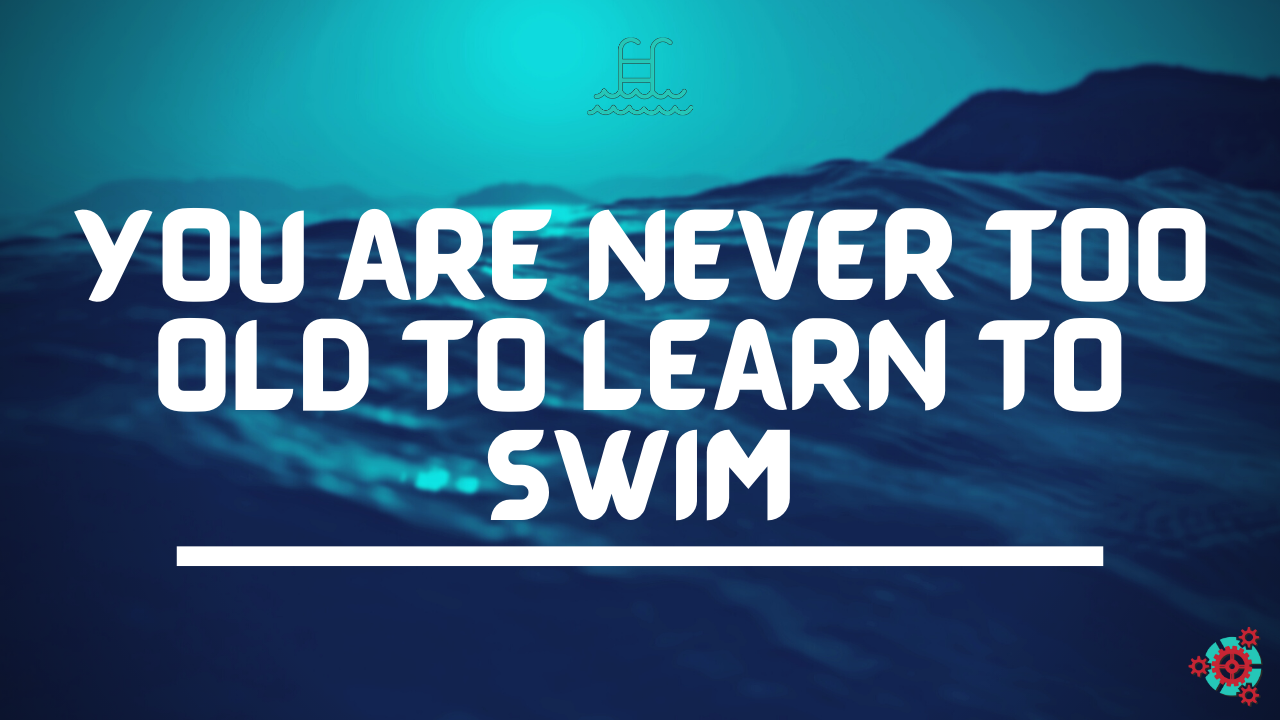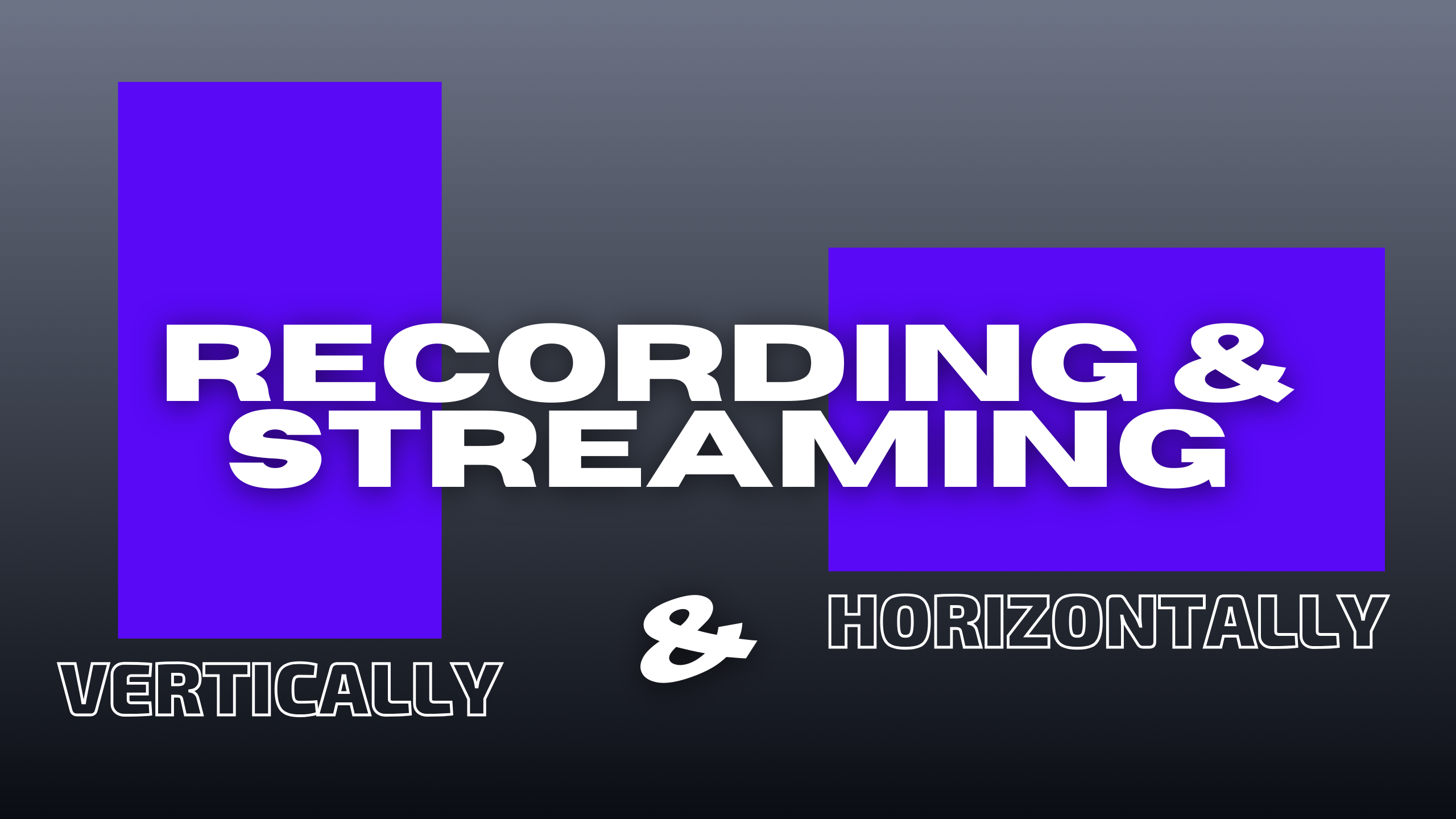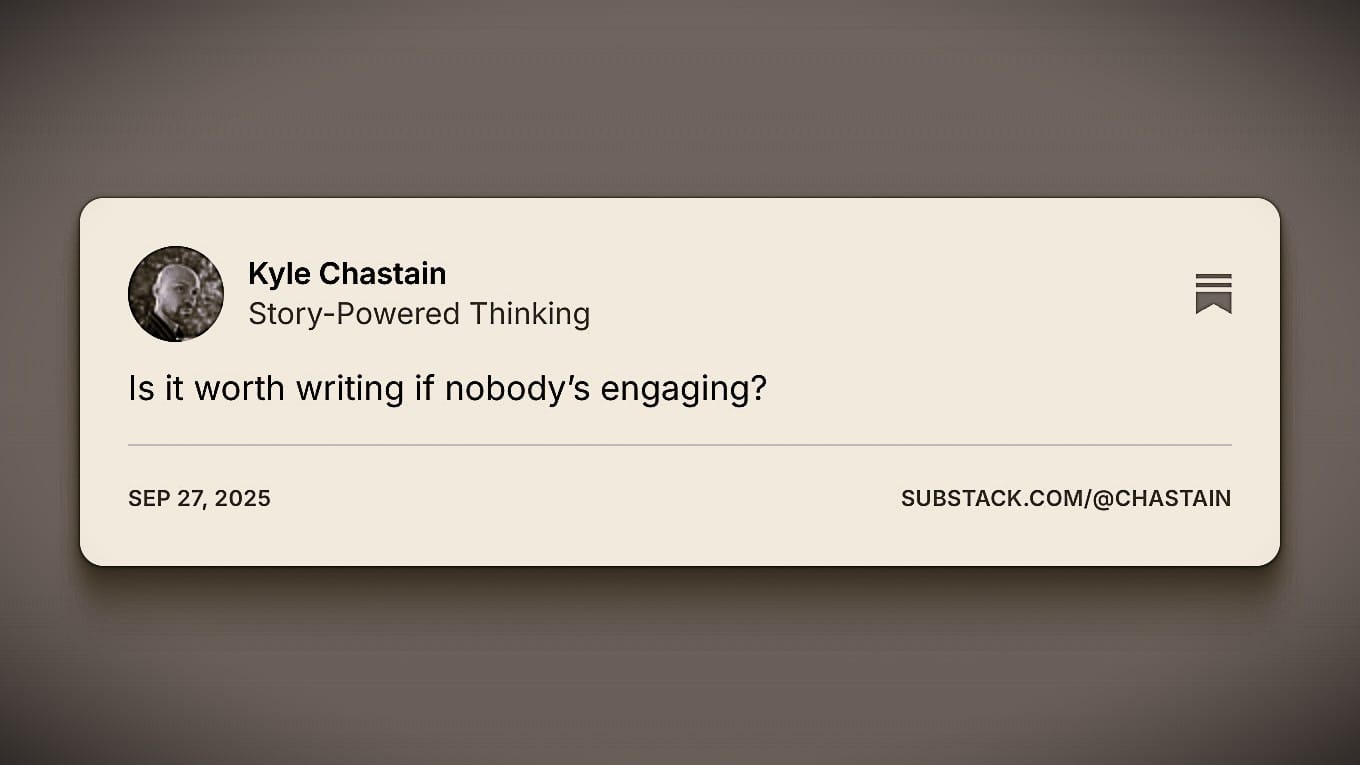You could be literally at the end of your life, or half way through, or even just a teenager like I was. However what is so very important to learn from this newsletter today is that IT IS NEVER TOO LATE to learn to swim. Really any skill for that matter.
Why + Philosophy:
They used to say that the brain stops learning after you get to a certain age, but we have found out the opposite. That throughout our lives the neuroplasticity can be improved at any point. In fact one major contributor to neuro-degenerative diseases is the LACK of stimulation.
By learning a new skill such as swimming, whether you are young or older, will dramatically improve your brain and body.
If that isn’t a reason for you to learn I don’t know what would be, as maybe you can use it as a motivator to be able to save yourself when you are in deep water. I used to imagine I was saving a loved one at the end of the pool when I was first starting out to get myself to swim faster and harder.
How + Physics:
Honestly learning to swim is not that hard to grasp, but you do have to start from the point of entry that is most important to you. I’ve had adults who were deathly afraid, so you have to start from the What/Psychology point of view. I’ve had adults who weren’t scared, but literally knew none of the steps beyond moving arms and legs in some way. Those people need the How/Physics.
Where I find some people is that they understand the how, and the what doesn’t really do much for them. However they need to know the reason why you do something in this way, such as WHY do we keep our legs straight. What is the philosophy behind why I don’t teach people how to breath until way later on. That sort of thing, and that is how you learn to swim. You start from the point of most need for YOU, and then you can move on from there.
What + Psychology:
Once again we get to the notion of “it is too late for me to learn”, and that originates from a lack of confidence in your own learning ability. Perhaps even a nihilist idea that it wouldn’t make a difference in the years you have left.
However after teaching in the pool for 10 years I can say that is certainly not the case. Even just minor progress into swimming will induce much more confidence. In yourself, in your ability to move in the water, in your physical progress (muscles or weight change), and much more.
Swimming is one of the hardest exercises, but you don’t need to be super fit in order to do it. In fact I was super skinny and weak when I first learned proper swimming. I took a swim fitness class in high school, and it was the first time I was really pushed to my limits. A good instructor would know how to push YOU in ways that are safe, and get you to push past your limits. I think mine did a great job, and she was the one that told me about becoming a lifeguard in the first place. Which is how I got to where I am now, writing this newsletter even.
Don’t let your previous notions stop you from improving yourself!
The point through all of this is to not let yourself be the one stopping you from making a great decision. Learning swim basically has no downsides, you are only spending time (maybe a bit of money if you go for an instructor), and you can literally learn on your own if you can’t afford someone.
That is why I make these newsletter updates, and why I am writing the book on the same topics. That way someone can more easily learn on their own if that is the only way they can.
It is not to late, you are never too old, you are not too weak, and you CAN do it!
Disclaimer:
This is advice for people to level up their swimming, or perhaps get started in the first place. While you swim you should make sure you are doing so in a public facility with a lifeguard on duty for safety.
![Official Website for Dustin Miller PolyInnovator [LLC]](https://polyinnovator.space/content/images/2025/03/polyinnovator-logo-2024.png)











